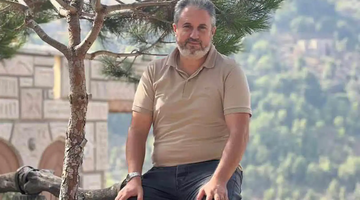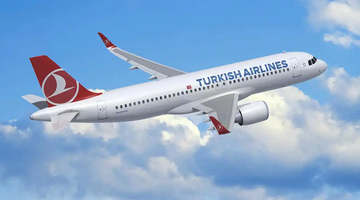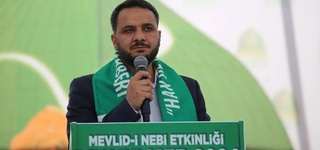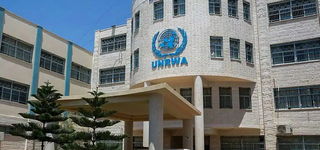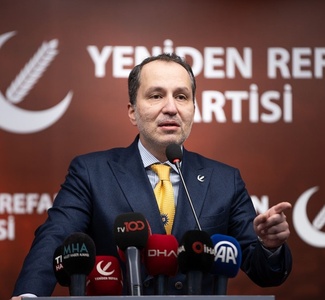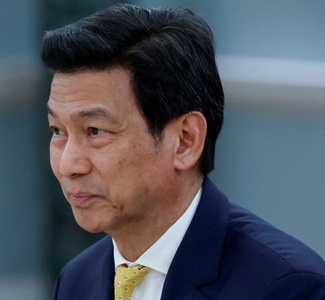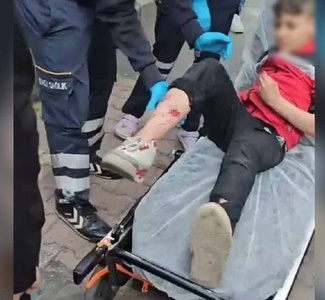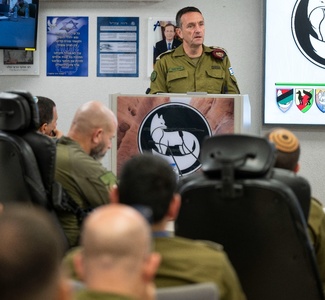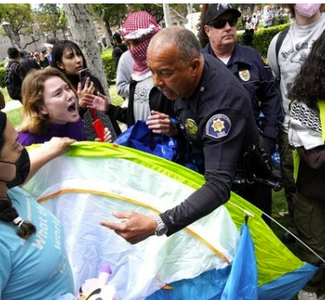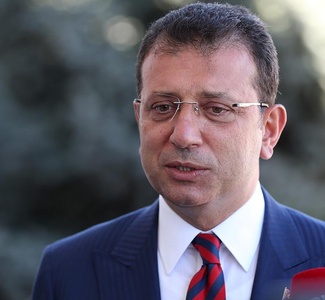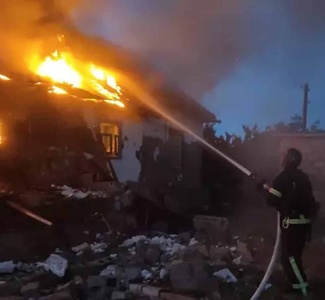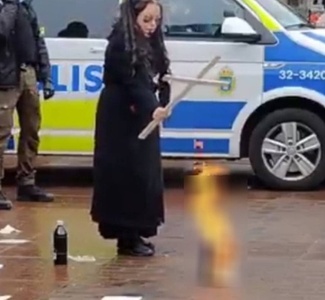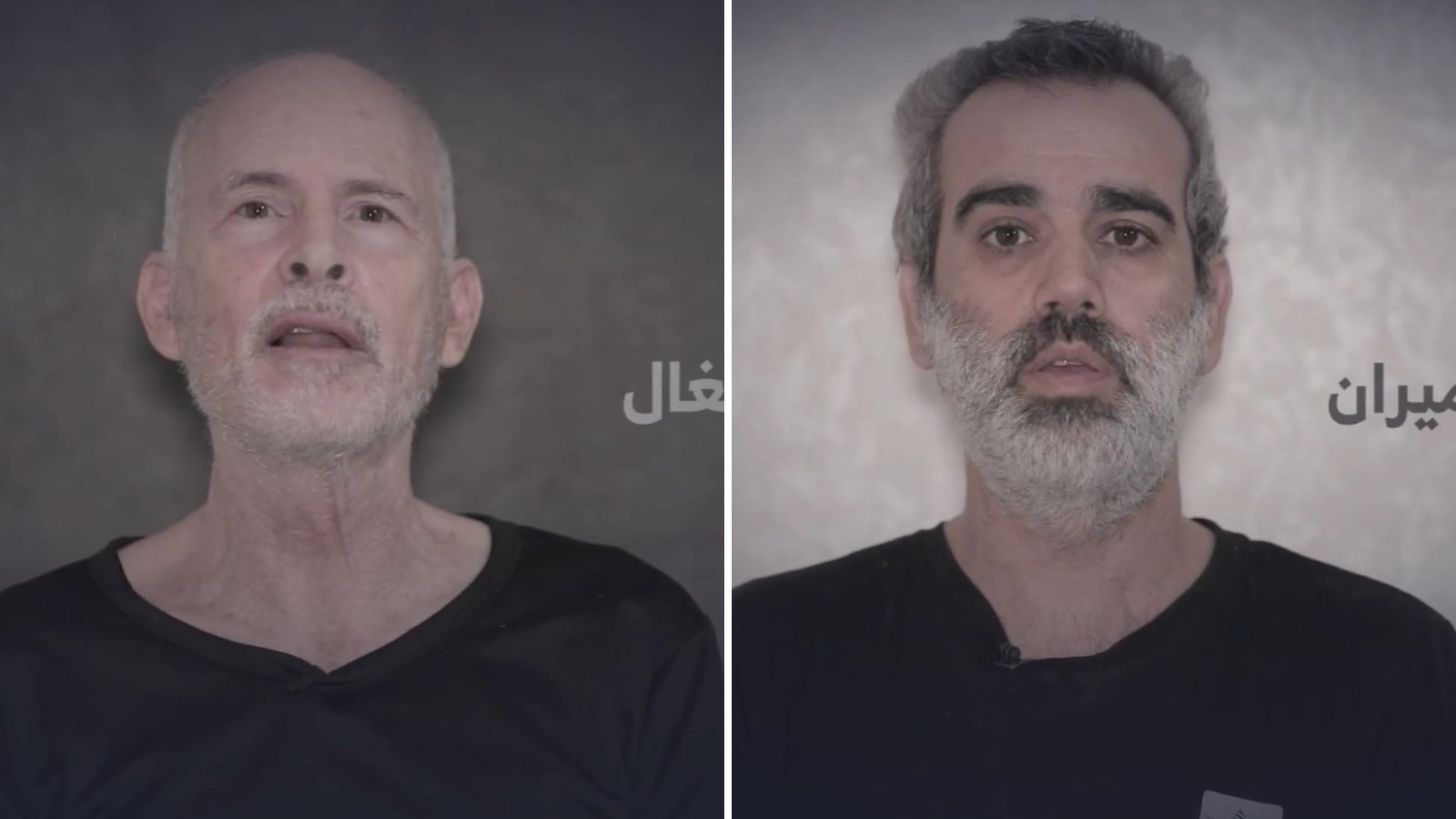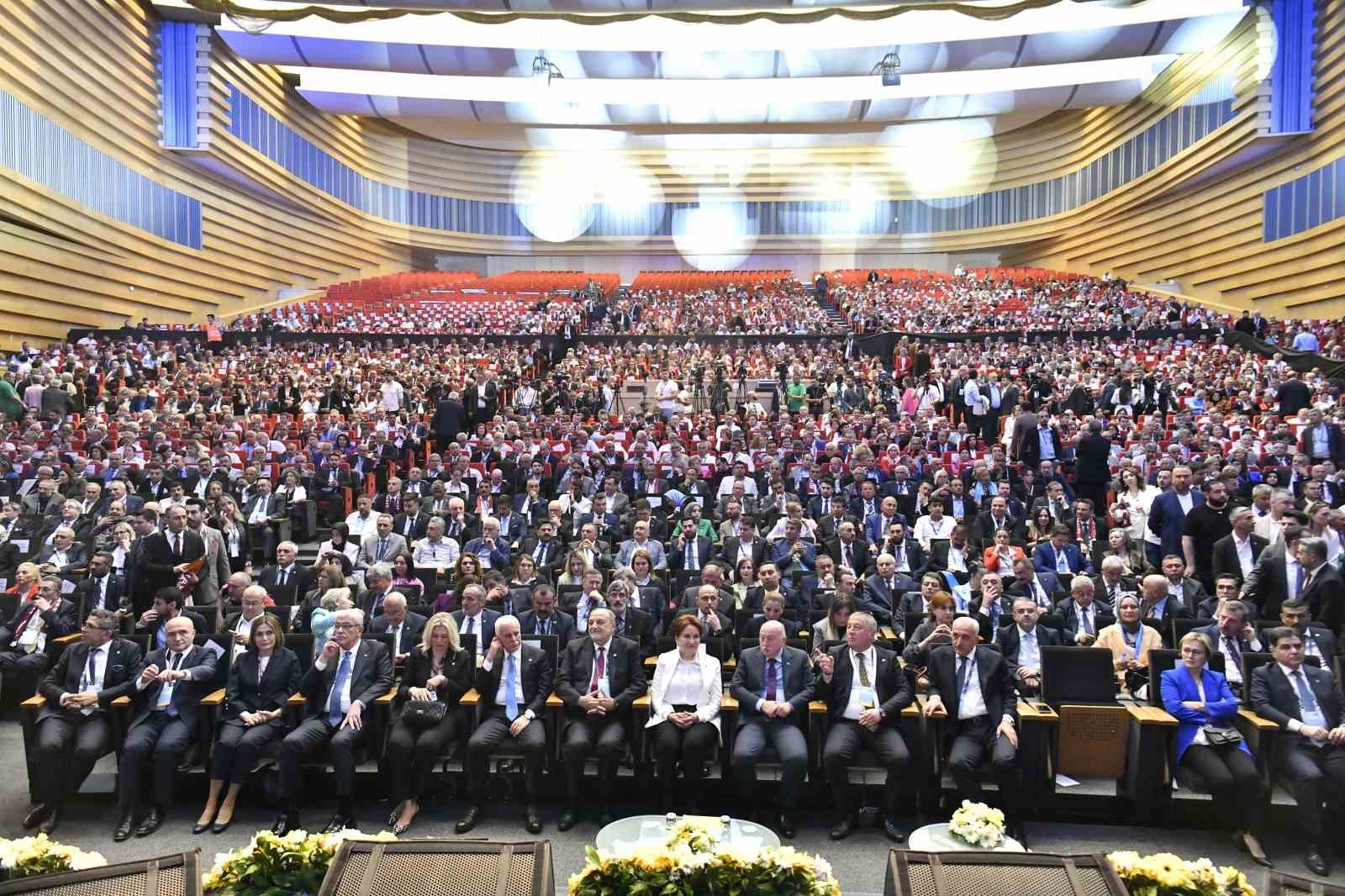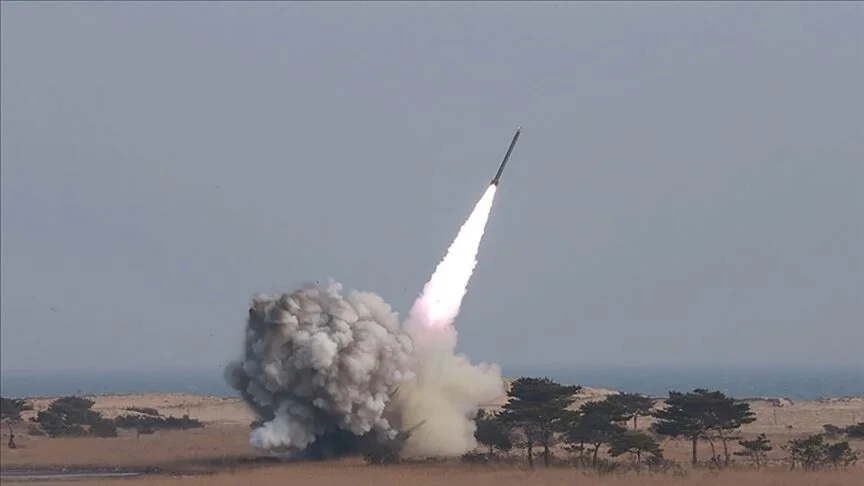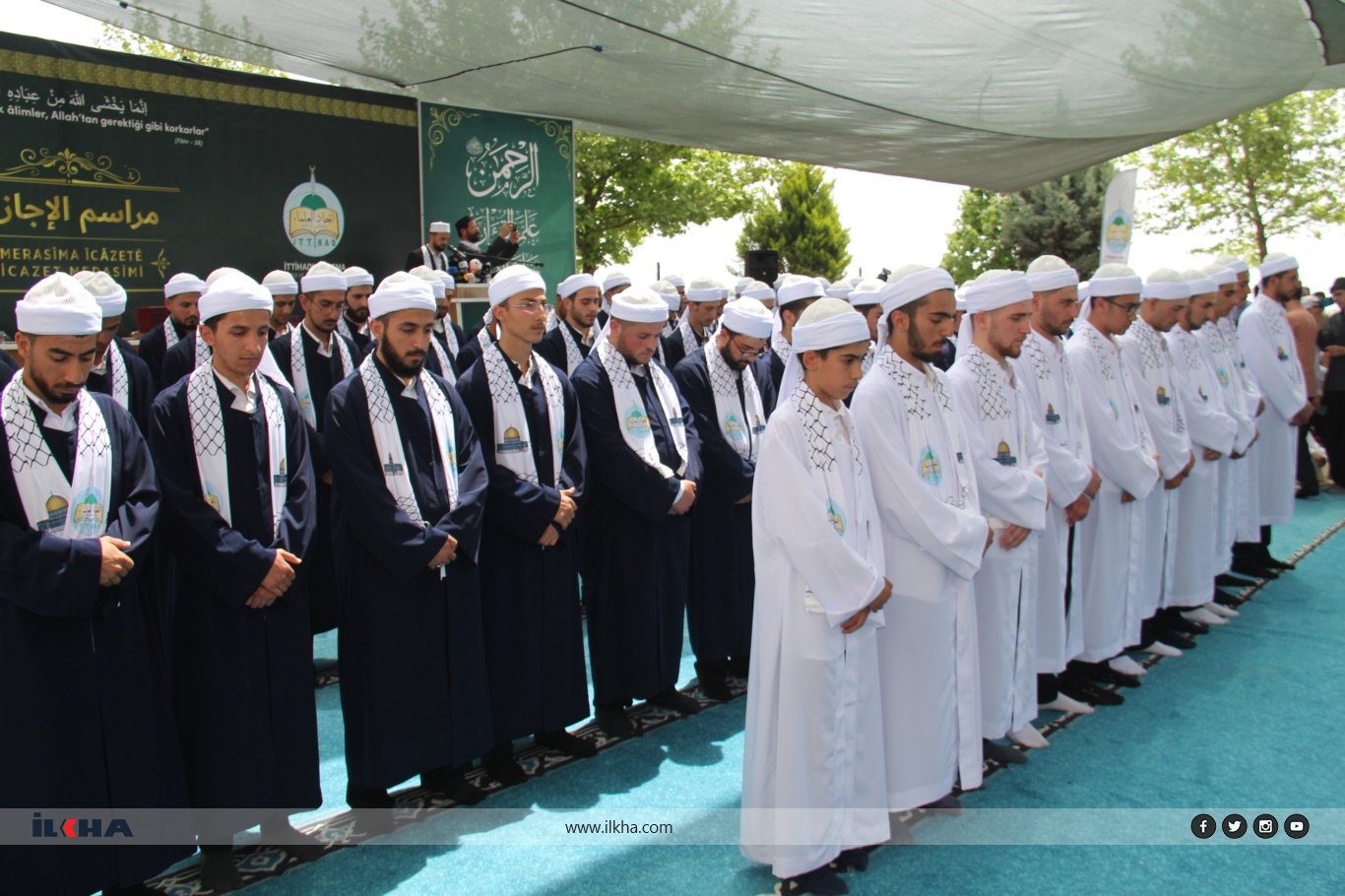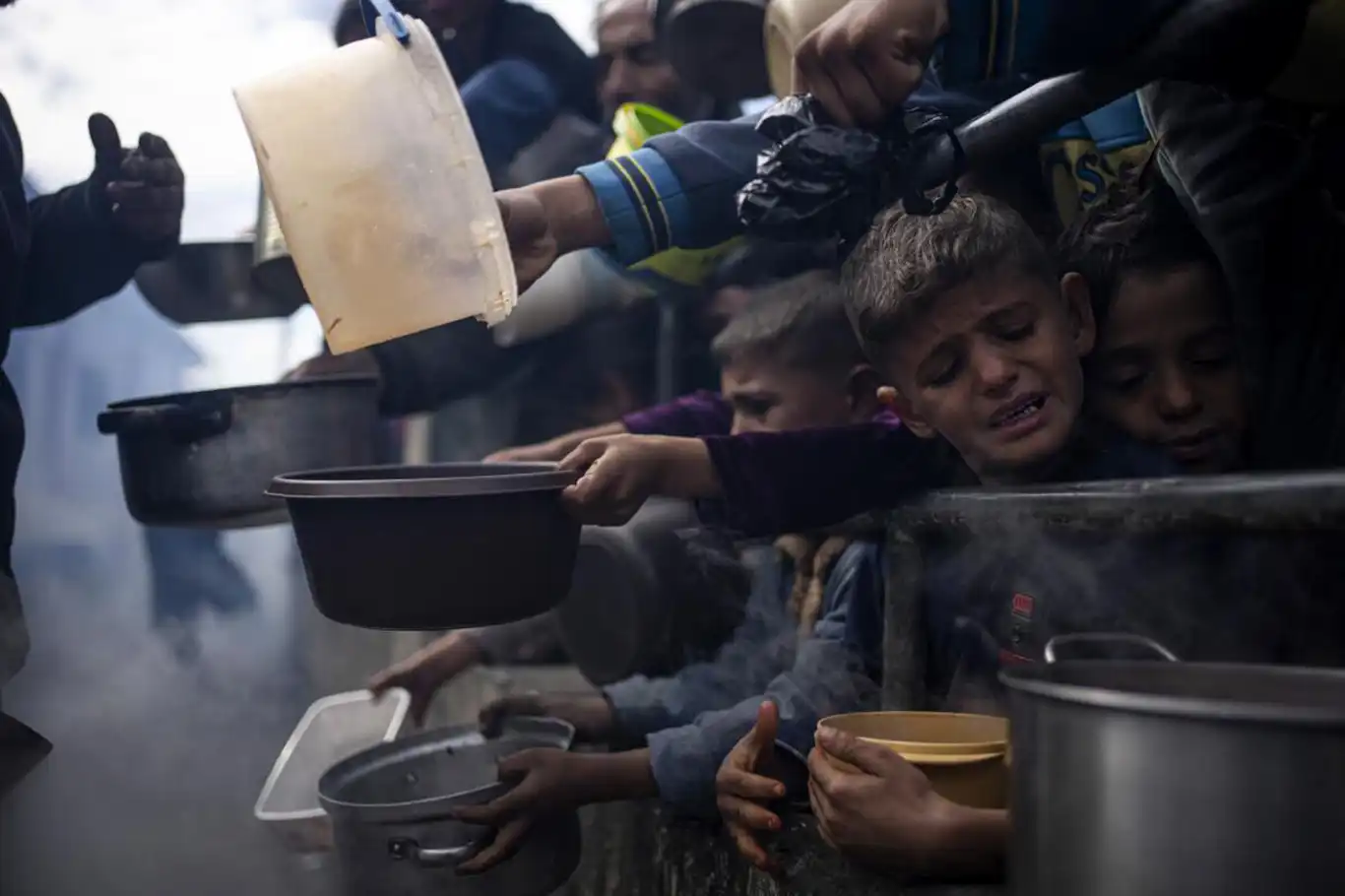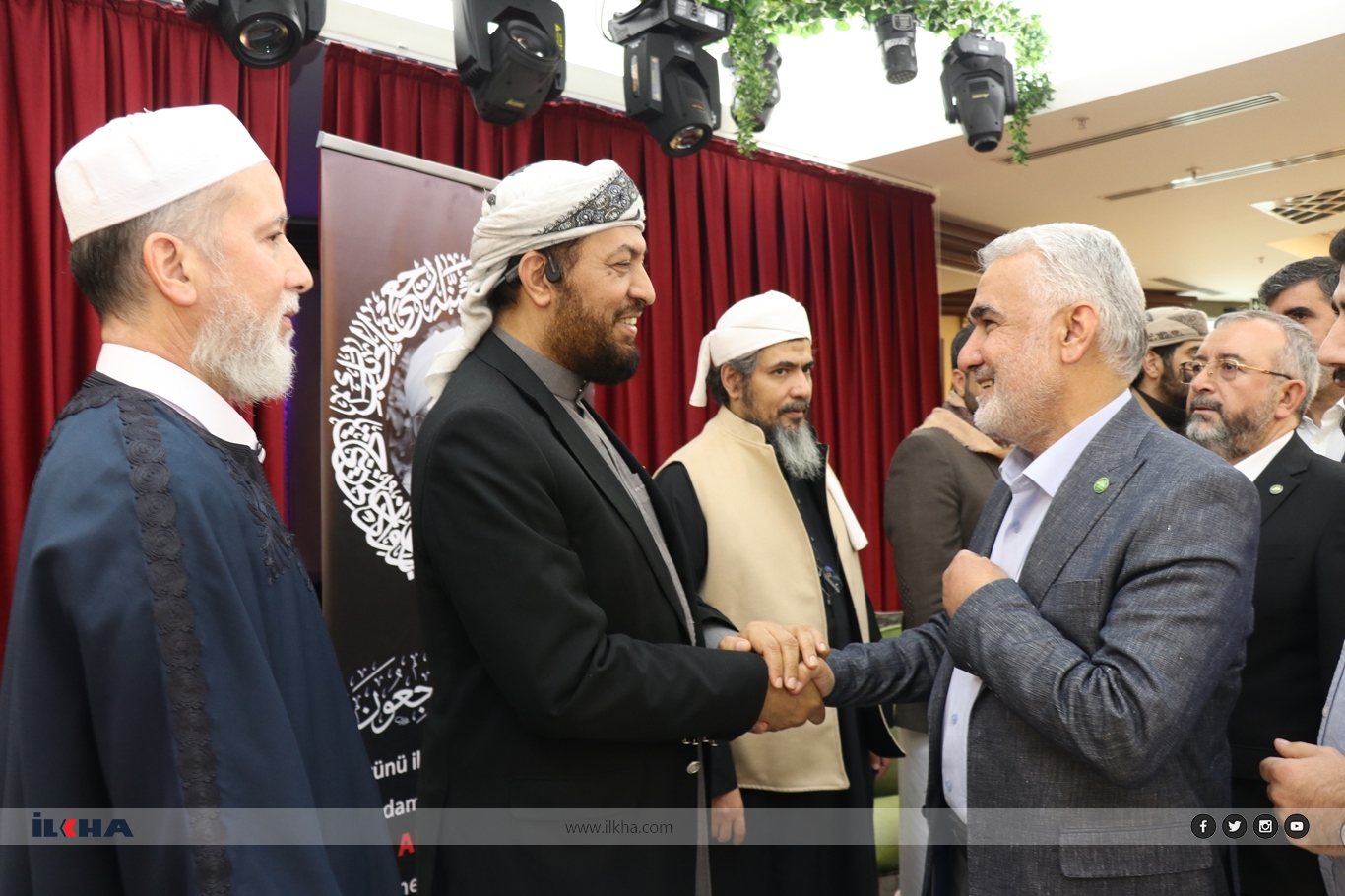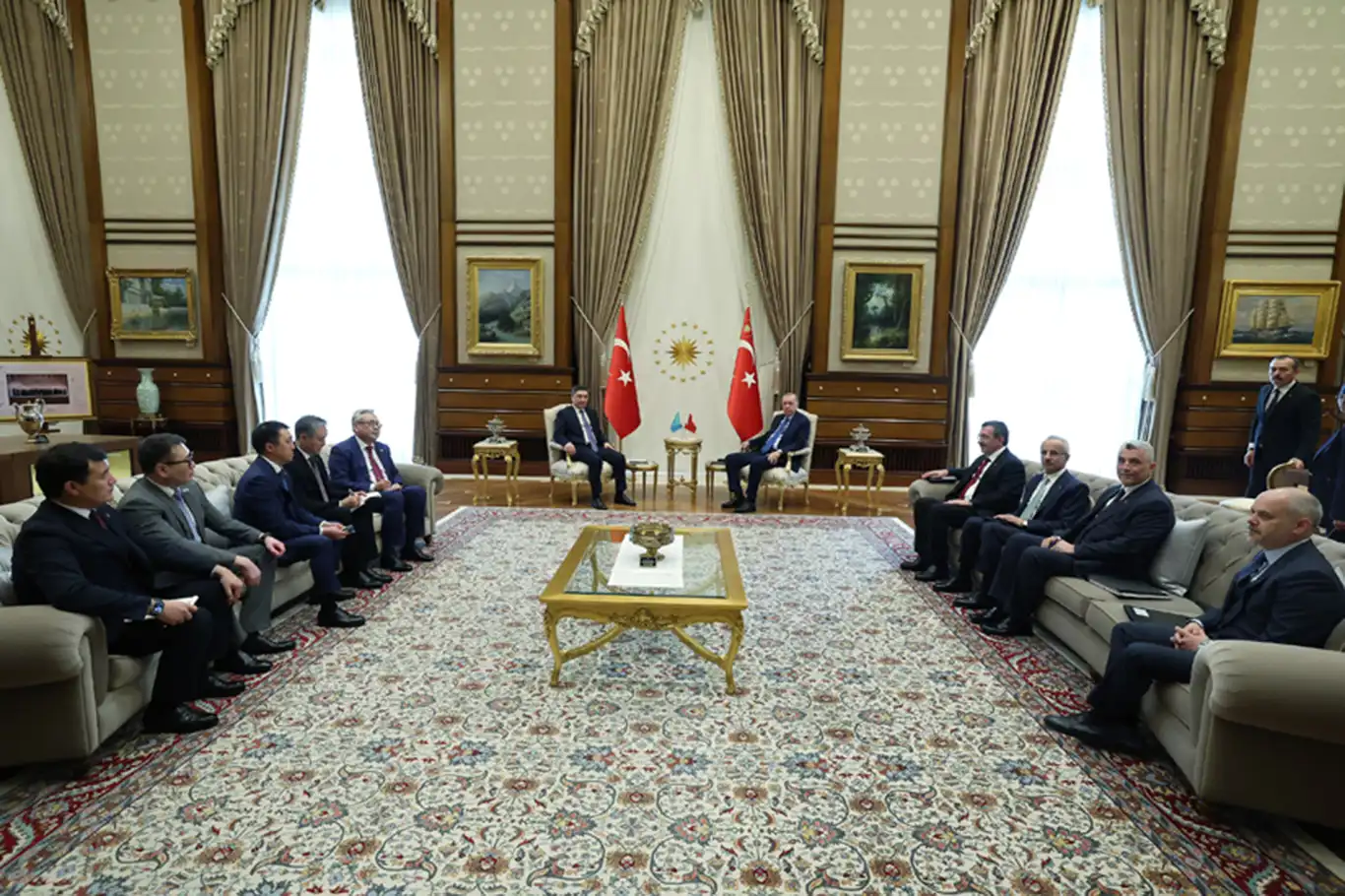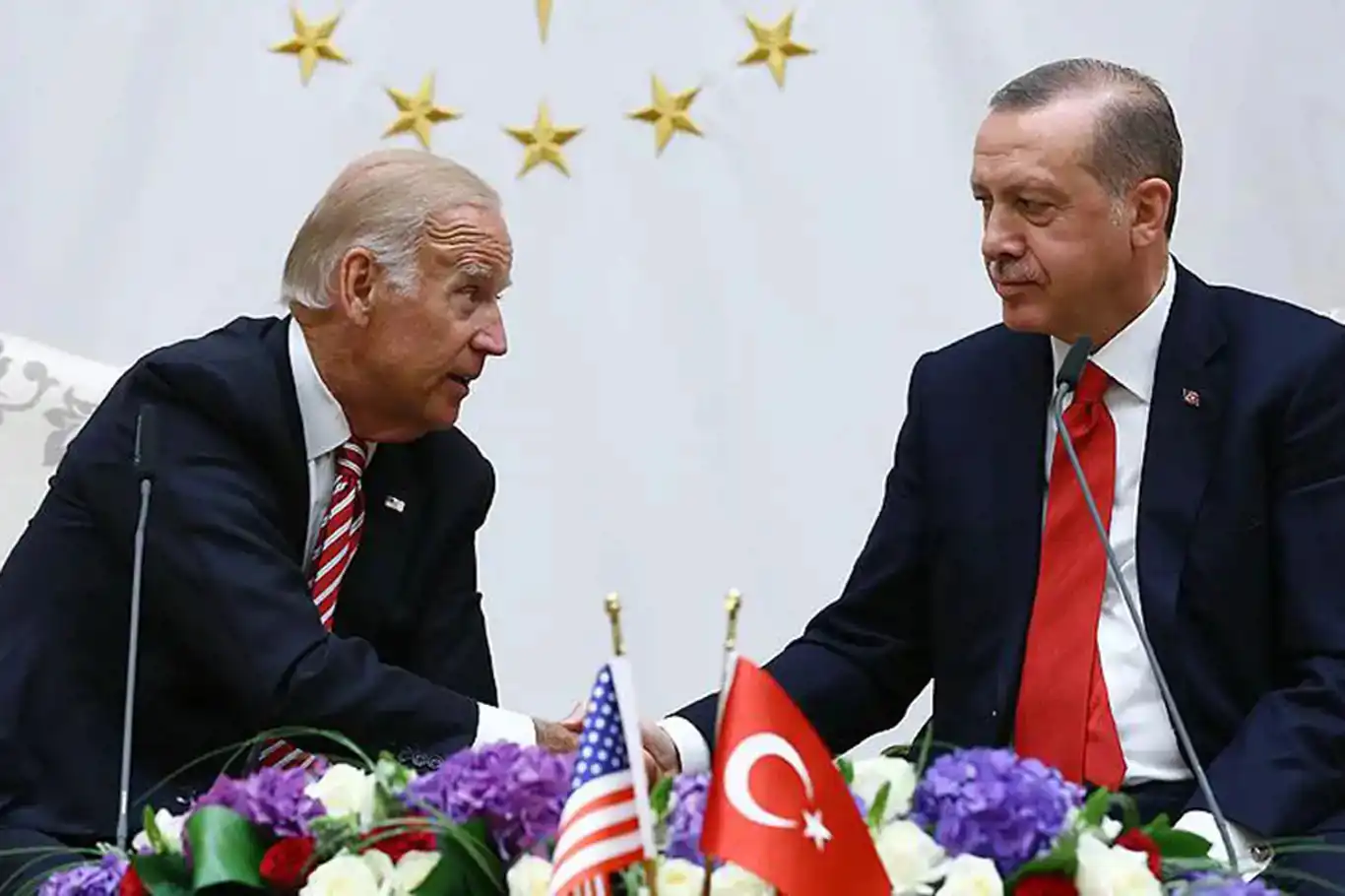Over 400,000 children diagnosed with cancer annually worldwide, WHO reports
Global efforts to tackle childhood cancer were in the spotlight last week as experts from across the WHO Eastern Mediterranean Region convened for a two-day workshop.
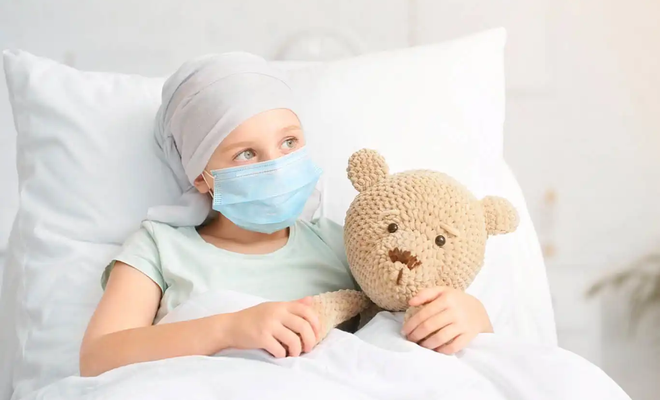
 Google News'te Doğruhaber'e abone olun.
Google News'te Doğruhaber'e abone olun. The event, titled "Empowering progress: strengthening implementation of the WHO Global Initiative for Childhood Cancer in the Eastern Mediterranean Region," aimed to accelerate action in the fight against pediatric cancer.
According to the latest data from the Global Cancer Observatory, more than 400,000 children and adolescents aged 0–19 years are diagnosed with cancer worldwide every year. In the Eastern Mediterranean Region alone, there were approximately 36,000 new cases of pediatric cancers and 16,500 deaths in 2022.
The workshop, held five years after the launch of the WHO Global Initiative for Childhood Cancer (GICC), focused on lessons learned and efforts to prioritize childhood cancer across the region. Countries and territories participating in the GICC aim to contribute to achieving the Sustainable Development Goal target 3.4, which seeks to reduce premature mortality from noncommunicable diseases by one third by 2030.
So far, seven focus countries and territories in the region have joined the GICC: Egypt, Jordan, Lebanon, Morocco, the occupied Palestinian territory, Pakistan, and Syria. These countries have committed to scaling up interventions to increase the overall survival rate of children with cancer, in line with the WHO CureAll technical package.
Despite progress, childhood cancer control in the Eastern Mediterranean Region faces significant challenges. Many countries and territories in the region are affected by conflicts, natural disasters, political instability, and economic crises. Childhood cancer is often perceived as a niche health issue, and resources for cancer care are limited compared to other health priorities.
To overcome these challenges, WHO and its partners are working to strengthen national health systems and ensure long-term sustainability of childhood cancer programs. The goal of the GICC is to achieve an overall survival rate of at least 60% for children with cancer.
Despite the obstacles, there are examples of successful interventions at the national level, demonstrating that progress is possible with collective effort and shared expertise. Initiatives such as the Global Platform for Access to Childhood Cancer Medications aim to ensure that all children who need essential cancer medications can access them, regardless of their country of origin.
The workshop highlighted the importance of continued collaboration and innovation in the fight against childhood cancer, emphasizing that no child should be left behind in the quest for better cancer care. (ILKHA)




























